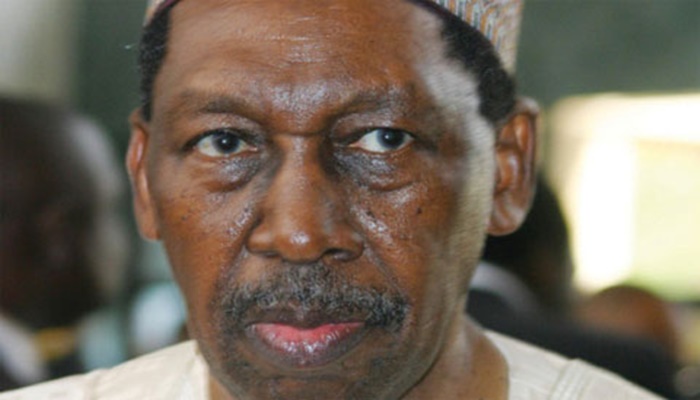
The Labour Party has urged the Federal Government to immortalise the late former Chief Justice of Nigeria, Justice Mohammed Uwais, by implementing the far-reaching electoral reform recommendations he championed during his lifetime.
This call was made by Senator Nenadi Usman, chairman of the Labour Party National Caretaker Committee, in a statement issued in Abuja on Saturday.
Usman described the late jurist as a towering figure in Nigeria’s legal and democratic history, whose legacy must be preserved through meaningful action.
“To truly honour Justice Uwais’ memory,” she stated, “the Federal Government should move swiftly to implement the recommendations of the Uwais Electoral Reform Report—a document that embodies his enduring commitment to democratic integrity and national development.”
The report, which was submitted in 2008 under the administration of President Umaru Musa Yar’Adua, proposed sweeping reforms aimed at ensuring the independence of the Independent National Electoral Commission, curbing electoral fraud, and strengthening democratic institutions.
Many of its recommendations have remained largely unimplemented over the years.
Usman described Justice Uwais’ passing as a national tragedy and an irreplaceable loss to both his family and the broader Nigerian society.
“Justice Uwais’ principled leadership as Chief Justice of Nigeria elevated the judiciary and left a lasting mark on our nation’s jurisprudence. His legacy is a guiding light for future generations of legal minds,” she said.
She stressed that beyond tributes and condolences, the most fitting tribute to the late legal icon would be concrete steps toward electoral transparency and justice—principles he dedicated his life to.
“As we mourn this monumental loss, I urge our leaders to translate grief into action by breathing life into the recommendations of the Uwais Report. Let his death ignite a renewed commitment to the democratic ideals he stood for,” Usman concluded.
Justice Mohammed Uwais, who served as CJN from 1995 to 2006, was hugely respected for his integrity, legal acumen, and commitment to judicial independence.
His death marks the end of an era for Nigeria’s judiciary and the struggle for credible elections.






